Centre for anti-doping in Gävle investigated now
There are well advanced plans to create a resource centre in Gävle for anti-doping issues – examining the societal and public health perspective with the focus on, amongst other things, the social effects of doping.
A centre for anti-doping
Such a centre would create a national knowledge bank and be able to offer education, courses and conferences within the field of anti-doping.
“We are aiming to establish a network of resource people and researchers to stimulate research and development projects within the field,” says Nader Ahmadi, pro-vice chancellor at the University of Gävle.
Doping as a societal problem
Doping, - the use of performance-enhancing substances and methods – has long been a profile issue in sport, but in recent years it has also become an issue in society.
“Doping is more and more prevalent in health studies where we have little control and here is really where the big problem lies today,” says Göran Svedsäter, lecturer in Sports Sciences and subject representative for sports sciences at the University of Gävle.
The social factor
Today, between individuals, it is important that one can give an account of one’s physical exercise. It is very important that one can both report, verbally, that one does a certain amount of physical exercise and show that one has a beautiful, well-trained body
- There is a social CV that must be maintained, by putting information on Facebook and other social media, about how and how much one exercises.
Moral short-comings
If you don’t have your exercise report and your CV in order or your well-trained body then there are obviously moral short-comings
“Then it looks like you don’t take care of yourself, you have a lack of self-control and you misuse your body. It has become a factor of social status,” says Göran Svedsäter.
Warning signs
More and more often we are getting warning signs from doctors and therapists. They state that it is not good to have such enormous focus on health.
Many are starting to debate that it seems to have the opposite effect and creates a neurotic relationship to something that in reality is healthy.
For further information, please contact:
Ulric Jansson, project leader at the University of Gävle
Tel: 026- 64 89 59, 070- 666 83 20
Email: ulric.jansson@hig.se
Text: Douglas Öhrbom





